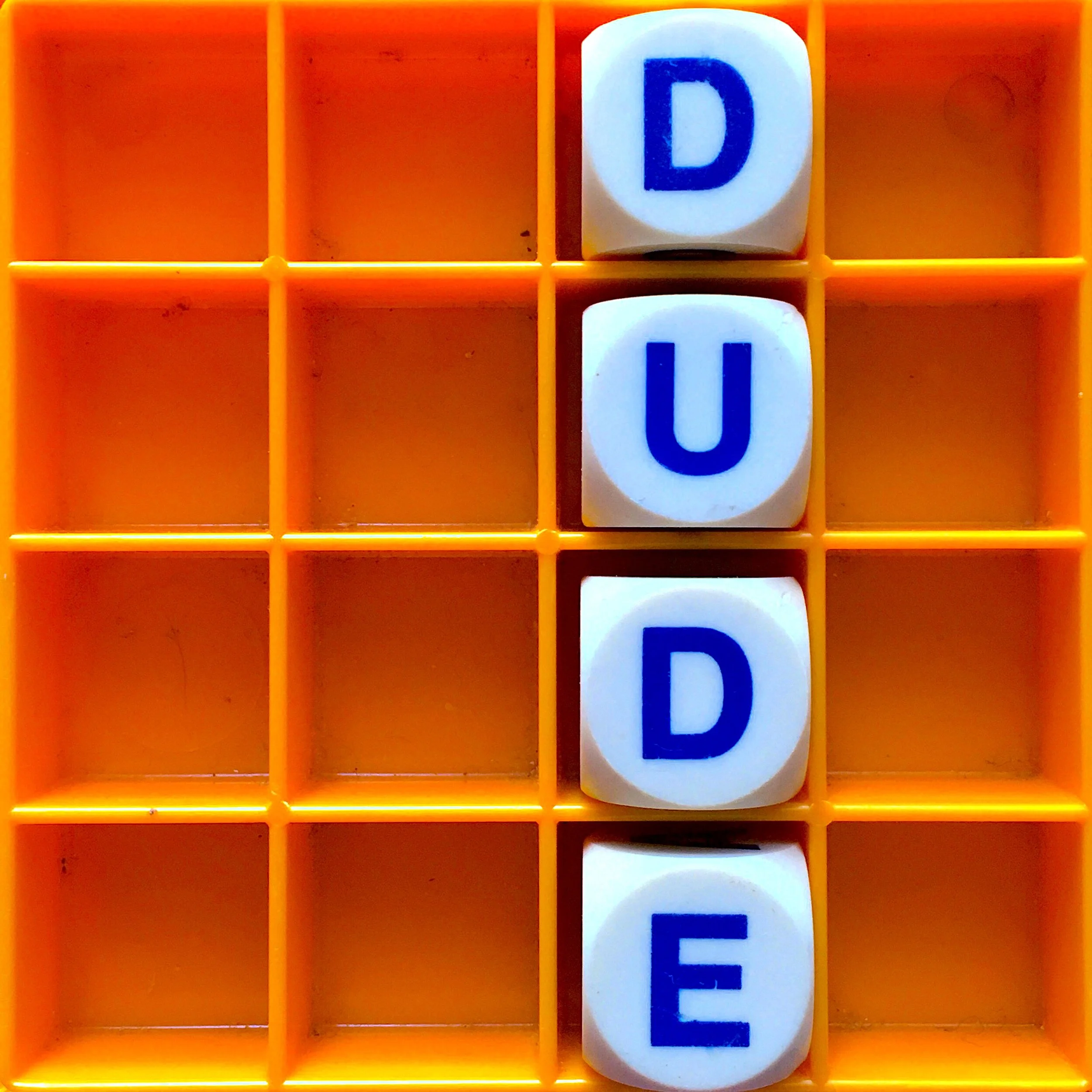Till about the 1950s, ‘dude’ still had this connotation of someone out of place, a tourist trying to dress like a local and failing. And in that sense, it was gender neutral for a bit. Then, somehow, it became cool.
Read moreAllusionist 127 A Festive Hit for 2020 transcript
Nothing says "Happy Holidays, fam" like "Stay the fuck away from me".
Read moreAllusionist 118 Survival: Bequest transcript
ELIZABETH KEREKERE: I'm so convinced that transphobia, biphobia, homophobia are such an integral part of colonisation, I reject that as a colonial construct, I reject it as racist.
As they took our land - tried to take all of our land, tried to take all of our language and suppress our culture, they also took our expressions of sexuality and gender. And that is important to us in a core part of our culture, especially because the way that the institutional racism, the intergenerational trauma that is the legacy of colonisation has impacted on us and the levels of discrimination against people with diverse genders, sexualities and sex characteristics, that we see that all of this, all of this was a massive attempt to cover up what was already there and pretend it never happened.
Tranquillusionist: Nmgiiea transcript
This is the Tranquillusionist, in which I, Helen Zaltzman, for the purposes of quelling anxiety and stress and sleeplessness, read the lyrics to ‘Imagine’ by John Lennon, with the words arranged in reverse alphabetical order.
Read moreAllusionist 22: Vocables - transcript
In normal speech, vocables perform various functions - for instance, 'um' and 'ah' buy us time to think, and paper over cracks in our phrases; and babies testing out their vocal cords tend to be pretty keen on the vocables. Not sure they have a wealth of alternatives at that stage, to be honest. So in speech, vocables aren’t meaningful, or consequential, or even intentional - but in song, they can be all these things. All those la la las and dum di dums and bom bom do be de doos are ubiquitous in songs - so what are they doing there?
Read more



